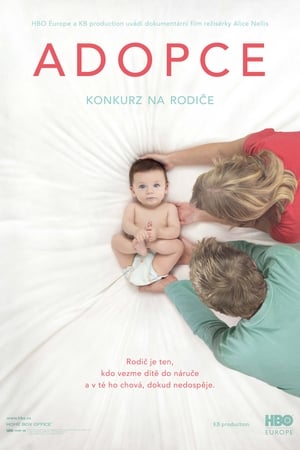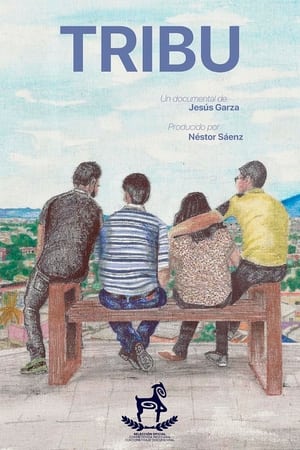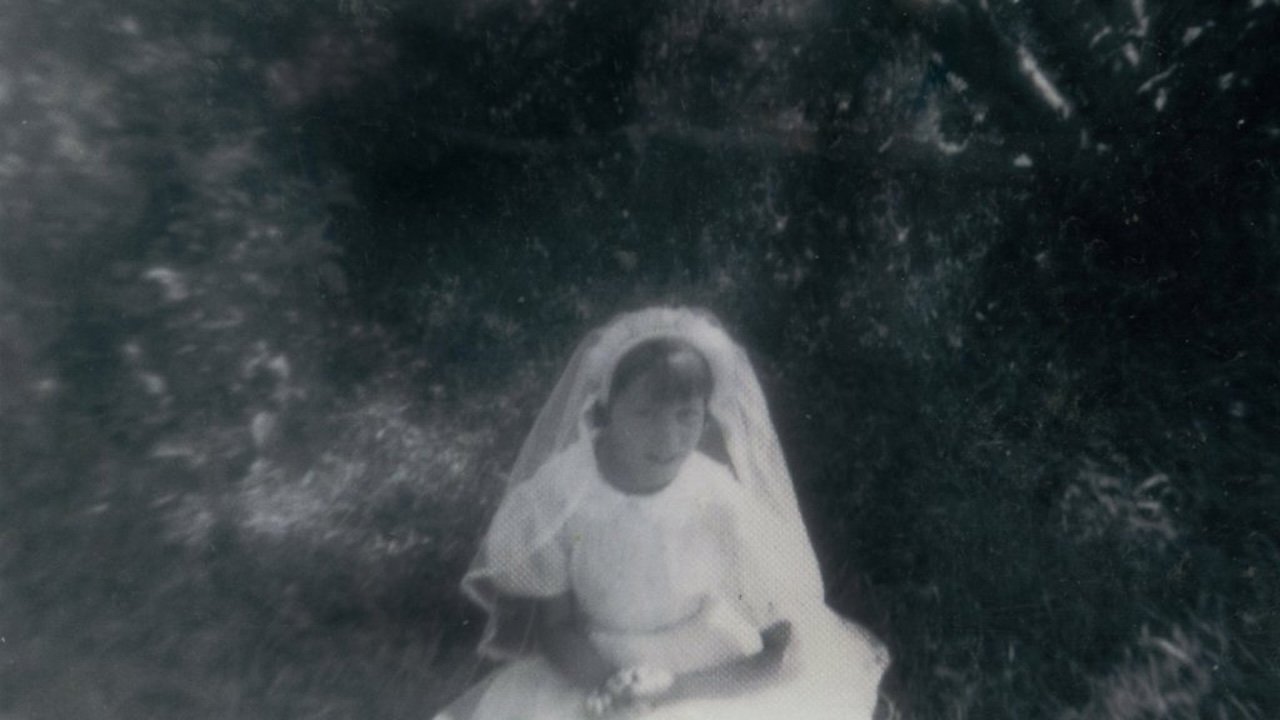
A Quiet Girl
Top 1 Billed Cast
Himself
Similar Movies
 6.7
6.7Wonder Boy(fr)
At age 25, Olivier Rousteing was named the creative director of the French luxury fashion house, Balmain. At the time, Rousteing was a relatively unknown designer, but in the decade since, he’s proven his business prowess and artistic instinct by leading Balmain to new heights. Wonderboy gives the viewer the rare opportunity to experience the inner sanctum of the fashion world, as we stand shoulder-to-shoulder with this extraordinary individual while he works.
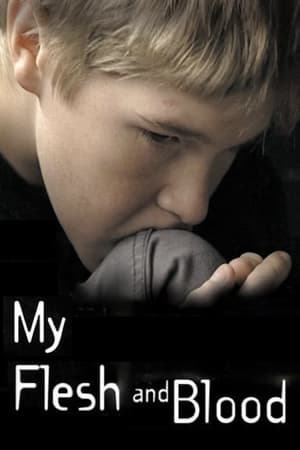 8.1
8.1My Flesh and Blood(en)
My Flesh and Blood is a 2003 documentary film by Jonathan Karsh chronicling a year in the life of the Tom family. The Tom family is notable as the mother, Susan, adopted eleven children, most of whom had serious disabilities or diseases. The film itself is notable for handling the sensitive subject matter in an unsentimental way that is more uplifting than one might expect.
 0.0
0.0A Passage from Burnt Islands(en)
In his crusade for literacy, principal Ray Brown enlisted the help of the community and broke through the cycle of illiteracy in a small Newfoundland fishing village. He turned the struggling elementary school into a place where students were eager to learn and instilled in parents a sense of hope for their children's future.
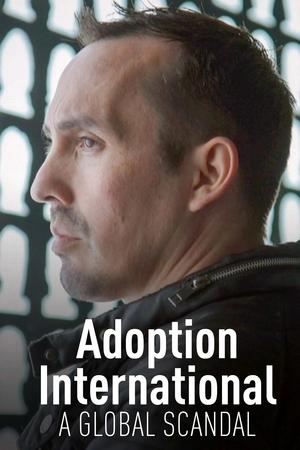 9.0
9.0Adoption International: A Global Scandal(fr)
In the collective imagination, international adoption evokes images of children being saved from a life of destitution in poorer countries by being adopted by families in Europe or America. But the reality that has emerged is one of child trafficking, falsified documents and governments around the world turning a blind eye.
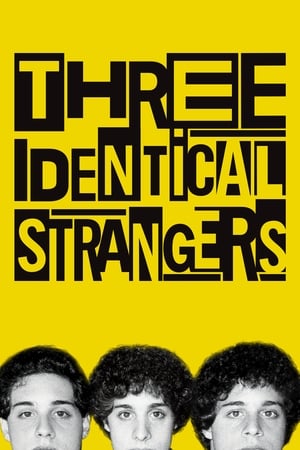 7.3
7.3Three Identical Strangers(en)
New York, 1980. Three complete strangers accidentally discover that they're identical triplets, separated at birth. The 19-year-olds' joyous reunion catapults them to international fame, but also unlocks an extraordinary and disturbing secret that goes beyond their own lives – and could transform our understanding of human nature forever.
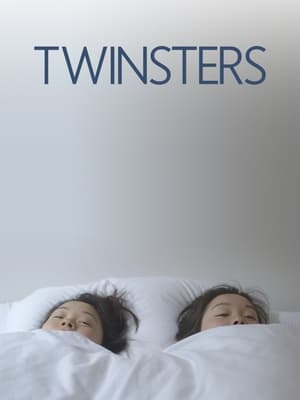 7.3
7.3Twinsters(en)
Adopted from South Korea, raised on different continents & connected through social media, Samantha & Anaïs believe that they are twin sisters separated at birth.
 1.0
1.0On Putin's Blacklist(en)
Traces the new Cold War between Russia and the West from the ban on American citizens adopting Russian children to the Kremlin’s anti-LGBTQ campaign, which positions the international marriage equality movement as a national threat.
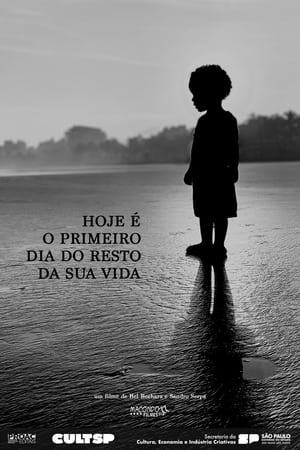 0.0
0.0Today is the First Day of the Rest of Your Life(pt)
During the pandemic, living under an extreme right-wing government, filmmakers Bel Bechara and Sandro Serpa receive the news that would change their lives: there was a baby to be adopted.
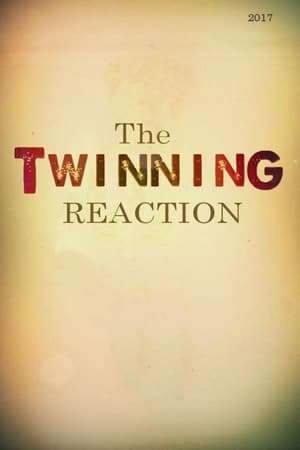 8.0
8.0The Twinning Reaction(en)
An astounding exposé that gives voice to the unwitting subjects of an infamous American scientific experiment: the 1960s Neubauer-Bernard study of separated twins. Told from the perspective of the Jewish identical twins and triplets who were secretly split up in infancy and adopted through Louise Wise Services, a Jewish adoption agency, the documentary examines the traumatic, long-term effects of the separations — and continuing deception — on the children and their adoptive families.
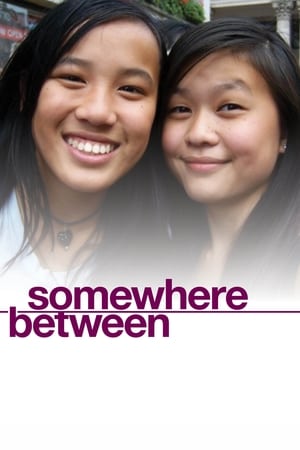 7.4
7.4Somewhere Between(en)
Questions of race, identity and heritage are explored through the lives of young American women growing up as adoptees from China. These four distinct individuals reflect on their experiences as members of transracial families.
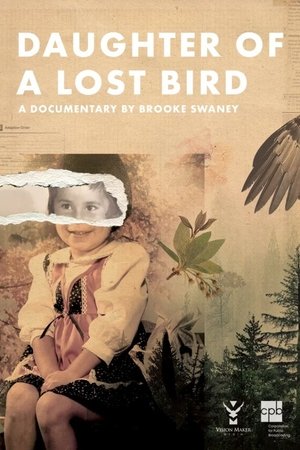 0.0
0.0Daughter of a Lost Bird(en)
What does blood have to do with identity? Kendra Mylnechuk, an adult Native adoptee, born in 1980 at the cusp of the enactment of the Indian Child Welfare Act, is on a journey to reconnect with her birth family and discover her Lummi heritage.
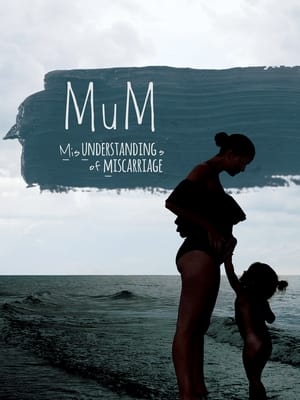 10.0
10.0MUM Misunderstandings of Miscarriage(en)
At age 31, after experiencing her second miscarriage, Tahyna MacManus was devastated, lost, angry and, despite those around her, felt terribly alone. She picked up a camera and started to record her story and in doing so found her tribe. Resilient, courageous women speaking of their sadness, their shame and their guilt while still holding onto hope. Tahyna discovers that 1 in 4 Australian women experience miscarriage so why aren’t we talking about it? In this highly intimate journey, Tahyna is on a mission to lift the lid on all that shame, provide some answers and make sure that women no longer walk this path alone. But first, she has to face her own fears.
 0.0
0.0The Last Chinese Laundry(ab)
A documentary from 1987 featuring the life of early Chinese immigrants to the island of Newfoundland.
The Art Star and the Sudanese Twins(en)
A performance artist works tirelessly to fulfill her dream of adopting Sudanese twins, placing her marriage and career at risk in this documentary.
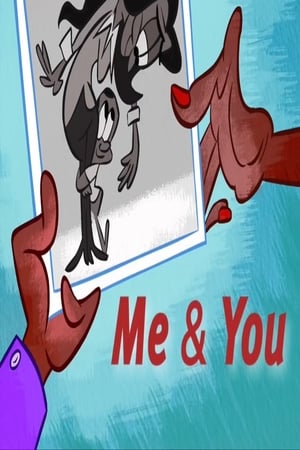 8.0
8.0Me & You(en)
Jackie Miller adopted her son, Scott, in the early 1970s. In 2008, Scott brought his mom to StoryCorps to ask her about that decision.
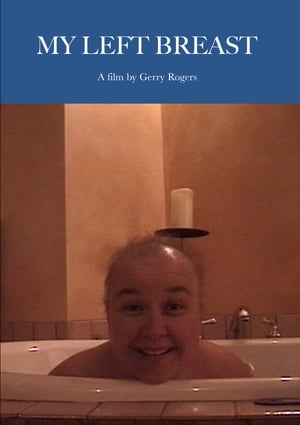 1.0
1.0My Left Breast(en)
Gerry Rogers, a filmmaker in Newfoundland, documents her personal battle with breast cancer. With her partner Peggy and lots of support from family and friends, she makes her way to recovery.
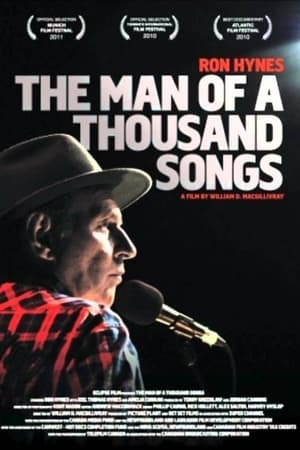 0.0
0.0The Man of a Thousand Songs(en)
A feature length documentary about extraordinary Canadian singer songwriter, Ron Hynes... an insightful and entertaining exploration of the creative process, the genesis of song, the meaning of performance and the vulnerability of an artist compelled to bare his soul through his music. The film is comprised of Ron performing his music (distinct and live for the camera), interwoven with very intimate black box 'interviews' with Ron (shot tightly and directly addressed to the camera), in which he discusses the songs and the life that informed them: late nights, dark alleys, marriage, children, divorce, his near death and recovery from drug addiction... and punctuated with back stage moments, insight from the street, and Ron's nephew author Joel Thomas Hynes, taking the role of 'chorus of the people'.
Wo Ai Ni Mommy(zh)
From 2000 to 2008, China was the leading country for U.S. international adoptions. There are now approximately 70,000 Chinese adoptees being raised in the United States. Ninety-five percent of them are girls. Each year, these girls face new questions regarding their adopted lives and surroundings. This is a film about Chinese adopted girls, their American adoptive families and the paradoxical losses and gains inherent in international adoption. The characters and events in this story will challenge our traditional notions of family, culture and race.
